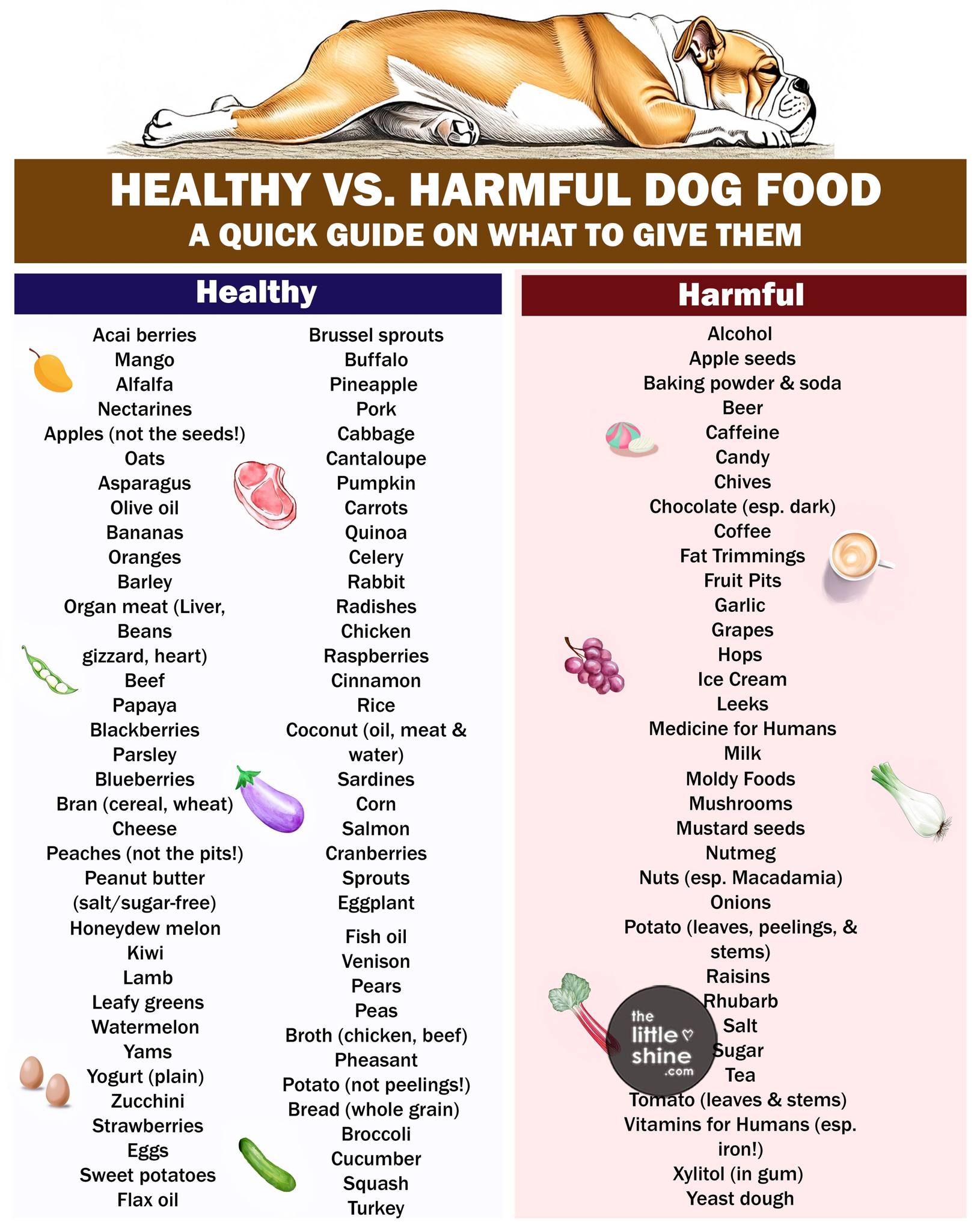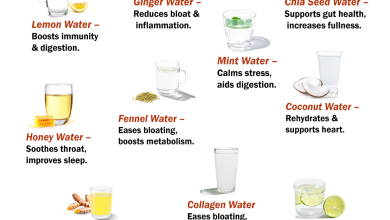What Can Dogs Eat? | Good Foods, Toxic Foods, Foods to Avoid
For all dog lovers out there, getting a fur baby for the first time can be quiet exciting of course. But, being a dog parent is much more than you think it is. It is a long-term commitment and looking after a pet is like looking after a human baby.

Yes, from bathing the dog, to looking after its health and hygiene and the most important aspect – food and nutrition! Always remember that your dog’s diet should be primarily dog food. Even “people foods” that are okay for dogs to eat don’t have everything they need for complete nutrition.
What food can your dog eat? What should they avoid? What foods are toxic to dogs?
Well, in this article, you can find answers to all these questions! Check it out below!
What Can Dogs Eat? | Good Foods, Toxic Foods, Foods to Avoid
Good Foods for Dogs
- Plain popcorn
- Apples
- Bananas
- Zucchini
- Plain yogurt
- Raspberries
- Cucumbers
- Broccoli
- Honey
- (adult dogs only)
- Blueberries
- Pumpkin
- Pickles Pineapple
- Celery
- Peanut butter
- Watermelon
- Carrots
- Pear
- Mango Sweet potatoes
- Turmeric
- Chamomile tea
Signs Your Dog Has Nutritional Deficiencies
If you observe signs like excessive shedding of fur, lack of energy and weakness, loss of weight, poor diet and loss of appetite, changes in their behaviour, skin irritation, weakness in their muscles, diarrhea, issues with digestion, sickness and health conditions, dejection and depress, dandruff, flatulence, poor condition of their fur etc., can be signs that your dog lacks sufficient nutrients and needs a change in diet and a visit to the veterinarian.
Foods Dogs Can Consume in Small Quantities
*Must be fully cooked
- Kale
- Spinach
- Shrimp*
- Quinoa*
- Oranges
- Rice
- Coconut products
- Bologna
- Eggs
- Chickpeas*
- Potatoes*
- Marshmallows
- Oatmeal
- Cheese
- Cashews
- Fish*
- Kiwi
Note: Some foods can be eaten by dogs only in small quantities because it can cause weight gain if eaten in excess, can lead to health issues, can cause bloating etc.
Foods Dogs Must Avoid Eating
In addition to the big “no-no” foods, dogs don’t process fats, sugars, and other “people food” components the same way we do. Adding these to a dog’s diet can cause obesity, organ failure, and worse.
It’s like the below mentioned ones should not be consumed by dogs –
- Bacon
- Cooked bones
- Fat and trimmings
- Bread
- Pomegranate
- Ice cream
- Beef jerky
- Tofu
- Corn or corn cobs
- Mints
- Pepperoni
- Milk (even lactose-free milk)
Toxic Foods for Dogs
It’s hard to say no to your dog’s “puppy dog eyes”, but sometimes a treat for you is toxic for your furry friend.
Toxic foods once consumed by your dog can make them very sick and can even lead to the death of your pet.
Here are some items which are toxic to dogs if consumed –
- Nutmeg
- Cinnamon
- Grapefruit
- Artificial sweeteners
- Alcohol
- Fruit pits
- Chocolate
- Garlic
- Avocado
- Almonds, pecans, walnuts, macadamia nuts
- Chives
- Grapes and raisins
- Caffeine
- Onions
Caution: If you suspect that your dog has consumed a toxic food item, make sure to take your dog to a veterinarian doctor at the earliest.
Signs Your Dog Has Consumed a Toxic Food Item
If you observe signs like vomiting, loss of appetite, blood in your dog’s urine, discoloured or bloody stools, pale gums or gums turning yellowish, weakness and lethargy, diarrhea, excessive thirst or urination etc., can be signs of toxic food poisoning.
Frequently Asked Questions (FAQs):
1. What is the rule of 80/20 for dog feeding?
This 80/20 rule refers to feeding your dog with 80% of meat and 20% of vegetables, fruits and other items as part of their daily diet.
2. How many meals should a dog have?
For puppies, four meals a day is a must (up to about 4 months of age) and thereafter, 3 meals a day should suffice. As for older dogs, feeding them twice a day should be enough.

